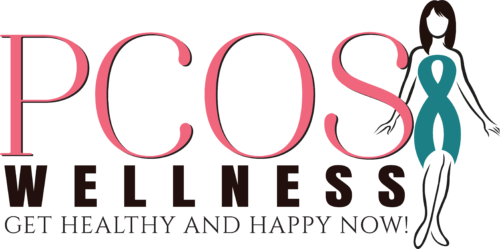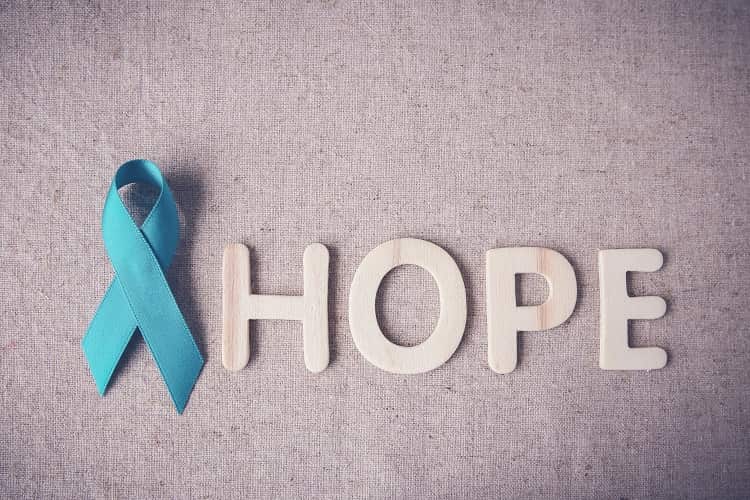October is Breast Cancer Awareness Month, and you may have wondered about the association of PCOS and breast cancer. A recent (Shobeiri, F. & Jenabi, E., 2016) study indicates inconsistent outcomes and results from a number of studies, which means that the only answer to that question is: We don’t know.
Here’s what we do know that’s relevant, however:
- There does appear to be some association with obesity and breast cancer. According to the American Cancer Society (2017), obesity contributes to an increased risk of breast cancer, because of excess estrogen – a topic for another time, because, yes, strangely, you can have too much estrogen AND too much testosterone simultaneously! But since about two-thirds of us carry excess weight, this is a point of concern.
- Some breast cancers are hormonally driven, and the more your hormones are out of balance (hello PCOS!), the more the possibility of a domino effect, or exacerbating the symptoms of cancer in general.
- Because having PCOS often means having several other major medical diagnoses, like diabetes or hypothyroidism, you may already be in an overall higher risk category for many other diseases, possibly including breast cancer.
- If you have a family history of breast cancer, you will, of course, have a higher risk of breast cancer, regardless of having PCOS or not.
- Due to feelings of shame and embarrassment, many women with PCOS avoid going to the doctor, even for symptoms that don’t appear to be PCOS-related – or they write-off potential cancer symptoms like a change in breast shape or texture, nipple discharge, etc. as just being a part of PCOS – when it’s NOT. Because of this, our breast cancers may get caught at a later stage, which makes them harder to cure.
What can you do to reduce your risk of breast cancer?
- Know your breasts! Know what’s normal as far as color, texture, and shape.
- Check your breasts regularly. Monthly is the ideal. Get a partner involved if that makes you more likely to do it. And always have a doctor check them when you go to the gynecologist for your annual exam. If you’re of an appropriate age, get mammograms as well. For me, because I had an aunt that got breast cancer around age 50, it was recommended that I start getting mammograms at age 35, which is a bit earlier than usual.
- Maintain a healthy anti-inflammatory diet. This means focusing on fruits, vegetables, healthy fats like nuts, avocados, and olive oil, and the cleanest proteins you can get your hands on. Avoid sugar, processed foods, and refined flours as much as possible.
- Practice stress reduction techniques like yoga or other exercises, and meditation. This will help support immune function in your body.
- Don’t let embarrassment, shame, awkwardness, or fear get in the way of getting to the doctor immediately if you notice something that might be wrong. You’re not the doctor; any suspicion is reasonable cause to make an appointment and get it checked out. I haven’t met a doctor yet who would rather you wait until you’ve got advanced cancer before you go see them. Earlier detection is always better and leads to less damaging treatments and a much higher cure rate.
If just the thought of “CANCER” is freaking you out big-time, do yourself a favor. Join my PCOS Psychology group on Facebook, and talk it out with a bunch of like-minded women, plus me, The PCOS Psychologist.
Shobeiri, F., & Jenabi, E. (2016). The association between polycystic ovary syndrome and breast cancer: a meta-analysis. Obstetrics & Gynecology Science, 59(5), 367–372. http://doi.org/10.5468/ogs.2016.59.5.367

